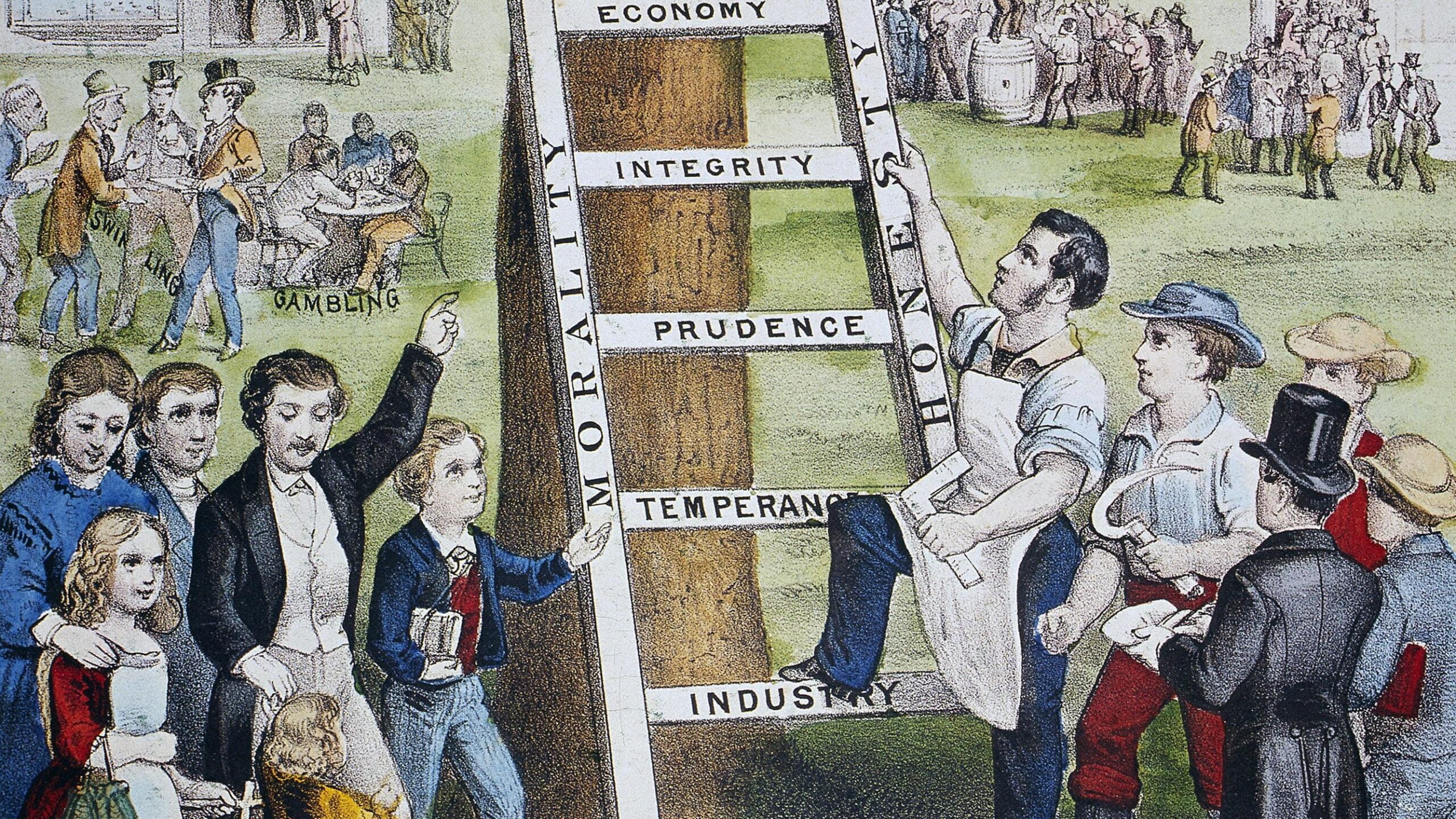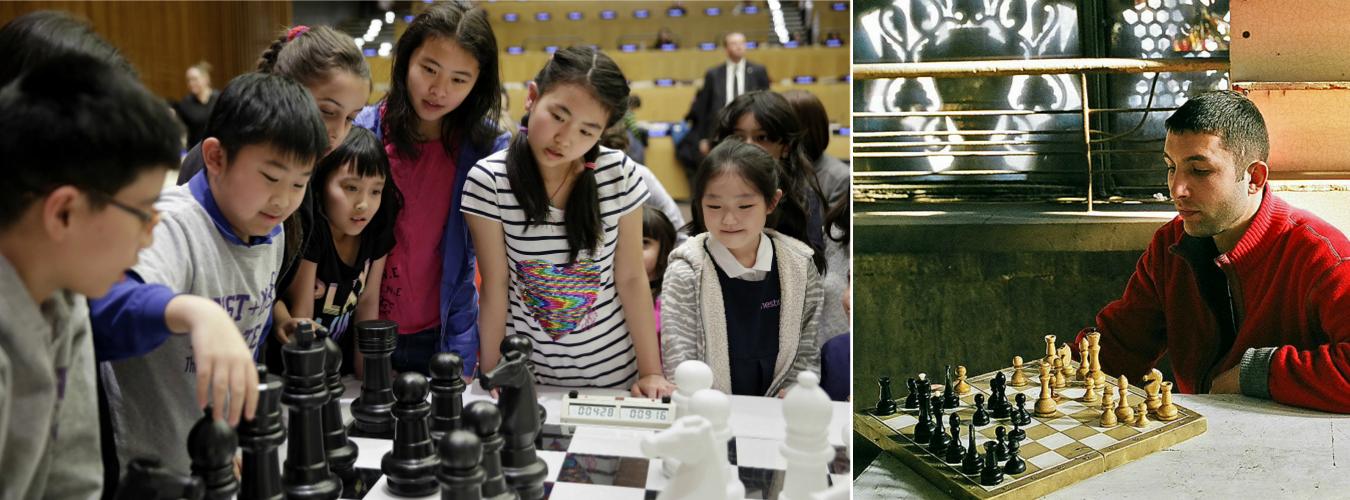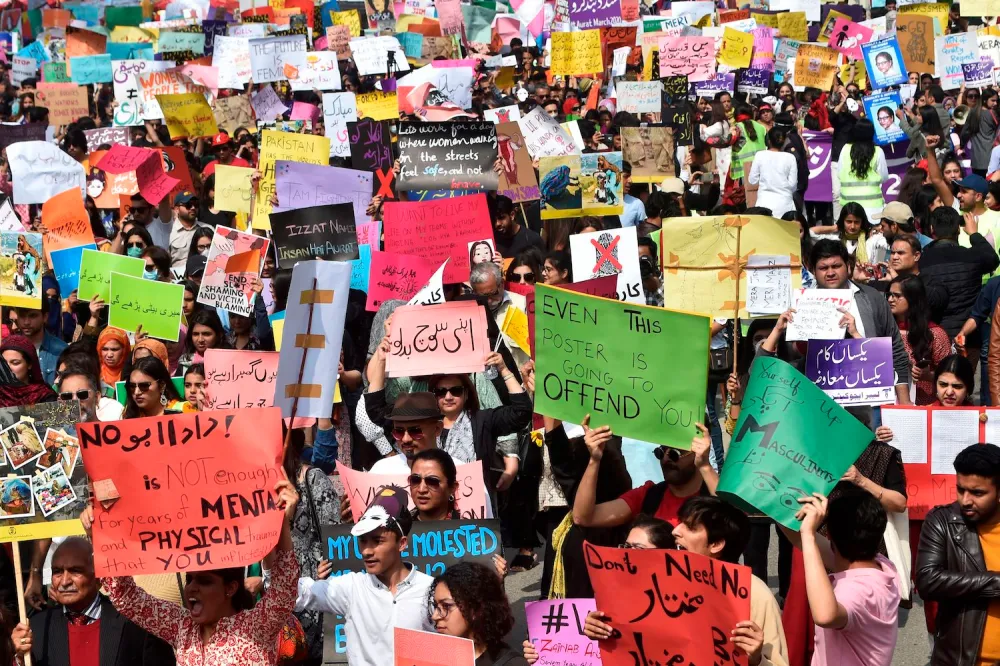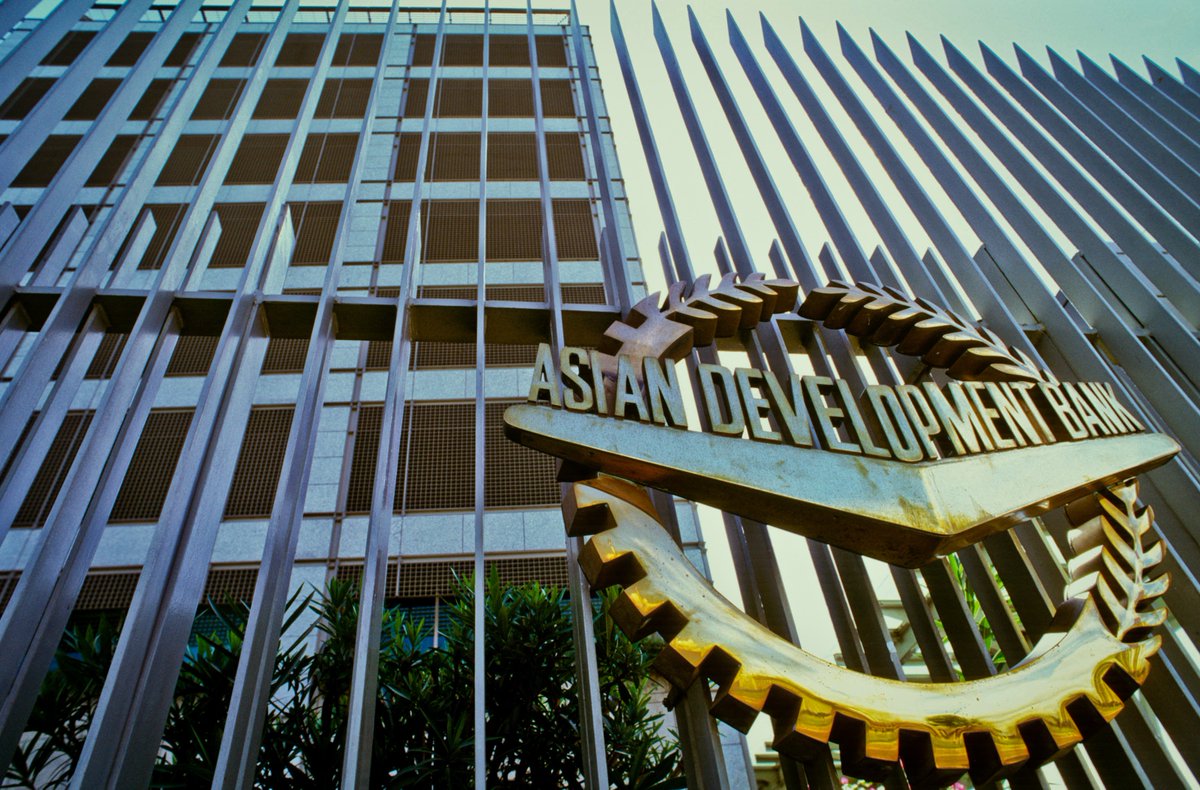by Dr. Hamd Nawaz
You’re in a government office, stuck at the tail of a lengthy line. It’s hot, sweaty, and humid. Standing in front of you is an individual – seemingly much less educated and aware of the urban ways. You assume he is a grade 3 worker somewhere. You’ve got to wait behind him. Your fancy Tom Ford’s fabric dims his white cotton attire. You contemplate. Your years of education, desperate climbs in a social hierarchy, and an impressive reputation in your circle – all stands contracted and silent in your pocket. You don’t question the principle of equality here, but deep inside, a voice whispers that you need to be dealt with a bit better.
It all starts to seem a little unfair but then someone from the admin staff recognizes you and calls you out of the line. Your connections pay off. You’re greeted with rare regard and told that someone had covered your work within minutes with a smile reserved only for a few. Yes, there is a “privilege.” Yes, the same word which you use to cuss on Twitter. And there, with the hands you’ve written a thousand essays on social equity and merit, you shake a happy goodbye. You walk to your car with glee. The consideration you’ve just received makes your smile stretch. You recognize this treatment as an elite one because once, you were that white cotton guy who’d see a Tom Ford-clad Babu being preferred over him. And -undoubtedly, hate him. But now, after years of social progress, you’re the one who makes all the eyes in the line turn.
You’ve become what you once despised. And then, it continues. You discover the system, and then to your surprise, you find out how your hands can weave it in any direction. You juggle the balls of virtues you once held high, but one by one – all fall into a bin of systemic intricacies fashioned to favor you. The next day, passing the wrong tender doesn’t smell so bad. You are then overlooking a tax evasion that births lesser eggs of guilt in your chest. Using the public for personal, extortingpretty benefits from the administrative machinery under you, and most importantly, growing your arms into a reserved minority of humans with wealth and stature, everything starts feeling so right. And strangely, justified.
And there, you forget your decade-old, young and dreamy self. You forget Paulo Freire’s theory you’d quote in your declamations “the oppressed, at any cost, tries to resemble his oppressor.” Your age and imagination grow. The figure in your bank ticks to higher numbers, and the brands your kids wear and the people you employ increase. And one day, during a casual tea session in Lahore Gymkhana’s balcony, while demonizing the corrupt dynastic houses who’d eaten the country – your friend tells you that a particular politician wants to invest in your shady side business venture. You halt. The hate you grew up with melts into an admiration for his assets. You think of the garage he owns and the hotels he stays in. Your heart tells you that you can and should get the same. You sign the deal and agree to meet him.
You go on living an improved life, of course. But from that day onwards, when you see a young lad chanting spells of revolution and class struggle, you know his hate. You realize that most people are never upset because the system was rigged, but they were upset because it wasn’t rigged in their favor. You see it as clearly as a speck of dust on black marble that when a society’s collective unconscious questions the sources of power, it often finds that it comes from the ability to manufacture enormous crimes or mighty adjustments of injustice. And because people have never seen an honest man climbing the ladder, they deem it counterproductive. They put kindness and justice in the box of the weaker things. And vote not a man with better qualifications to run a constituency, but somebody with bigger guns, cars, and family name to roar on its roads. People bow to the very system they say they hate. They keep it alive.
So even though the father who feeds his kids with a wealth of bribes tells them to be better humans morally, their compasses point in other directions when they grow up. To prominent generators of progress:
- Web of connections.
- Circuits of entitled concessions.
- Innovating ways of milking the red tape for benefits and, of course.
- An excuse for what you do.
An entire country was cooking shallow hate in its drawing rooms.
You discover that every other man, if given a chance to be the wicked politician (with offshore companies, gold blocks stored in yachts, money laundered to Europe, a presence in the Swiss banks, and unquestionable authority over a lot), would trade off his life to be in that position any day. If you remove the names, the caricature, and the social mockery of these politicians’ personalities, their lives are pretty comfortable. The sort of tales you, me, and everybody around you always wanted to be in. It dawns on you, this haunting revelation, that you and the one you had criticized are so relatable.
It makes sense, finally, how the empty drum of higher moral grounds stands on pillars of paper. And when it falls, you see it – how despite what grudge you harbored for somebody whose name is a social synonym for corruption, you never hated his life. My dear, on the contrary, worked your entire life just to become half of what he is. You had always loved Protocol.
The writer is a doctor.

















































